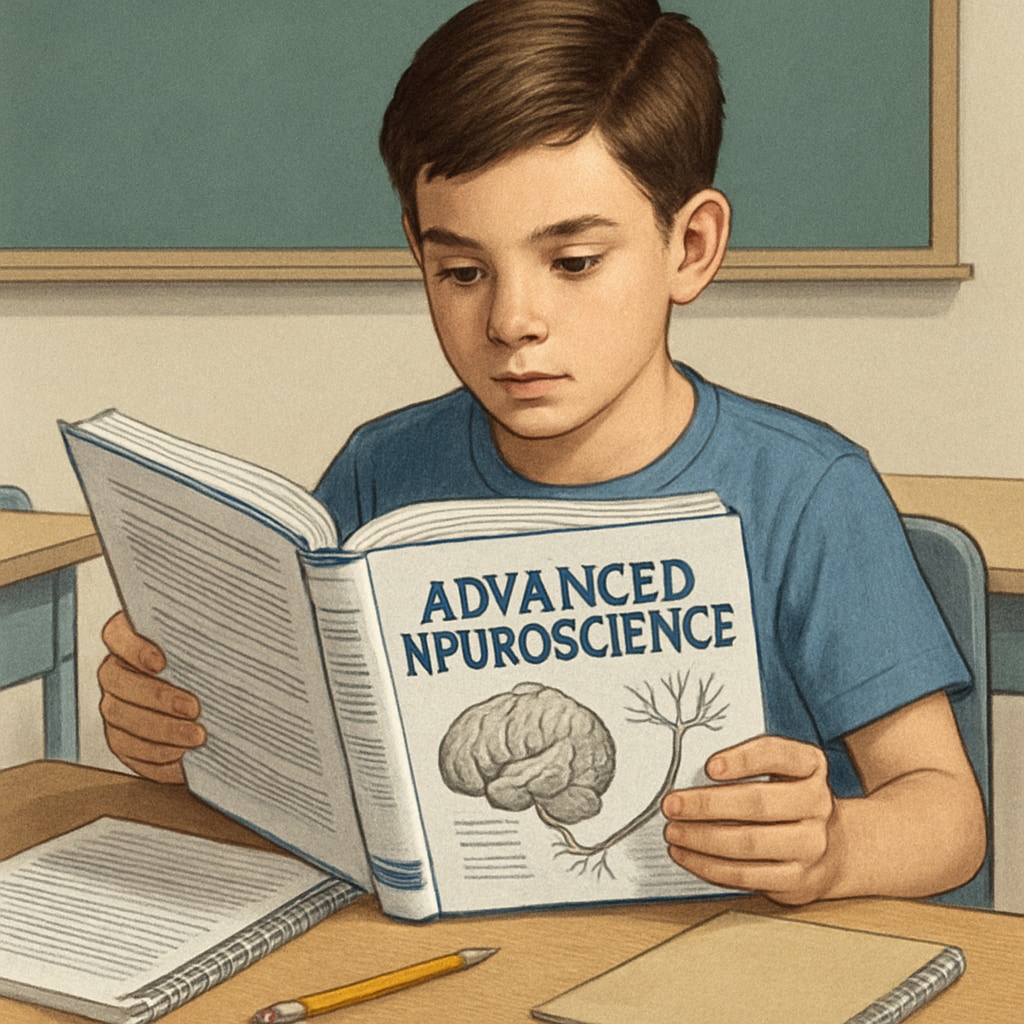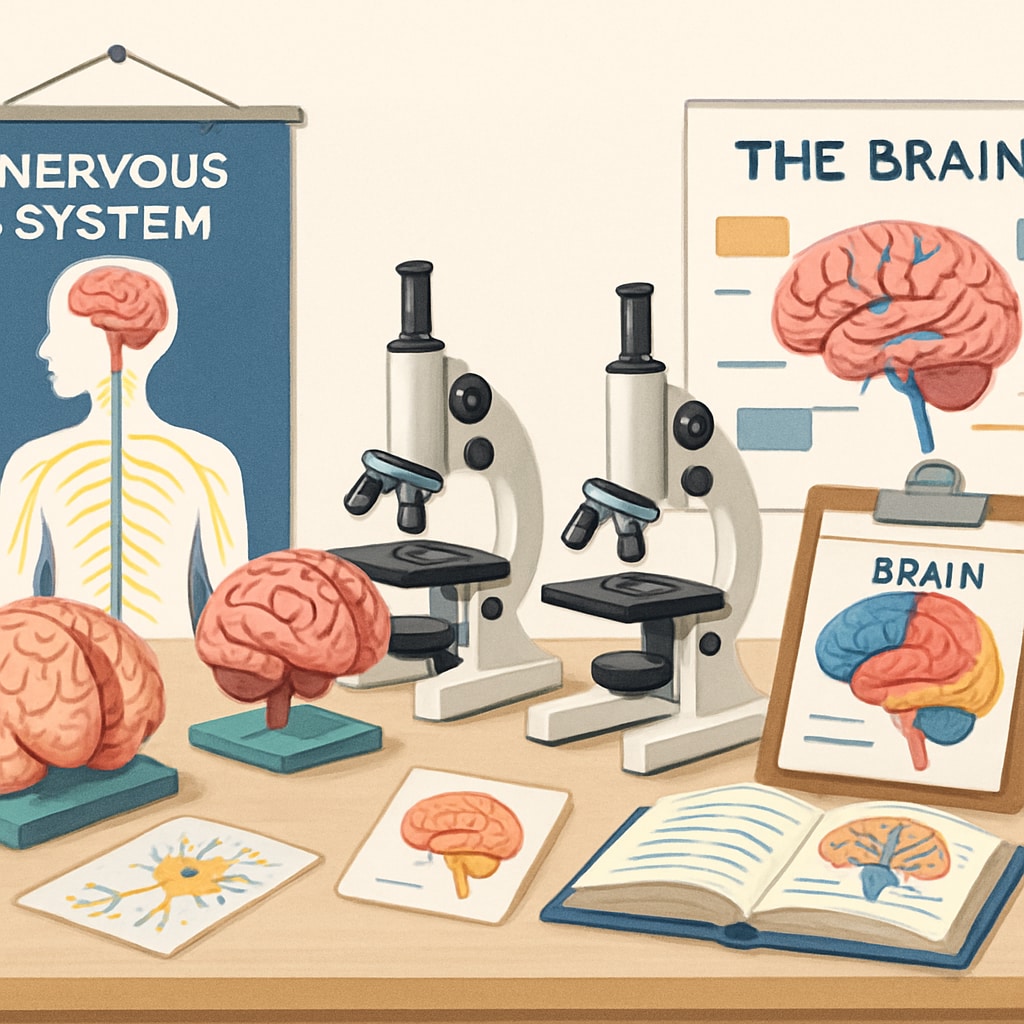For academically gifted K12 students, achieving top academic performance, enhancing their learning potential, and pursuing ambitious goals like becoming a neurosurgeon requires more than natural talent. These students often face unique challenges, such as gaps in access to advanced resources and the pressure to maintain their passion for learning over the years. Tailored support systems can play a critical role in ensuring that their potential translates into long-term success.

Understanding the Unique Needs of Gifted Students
Gifted students often exhibit a natural curiosity and aptitude for learning that exceeds the standard curriculum. However, this academic advantage comes with its own set of challenges. For example, they may feel unchallenged in traditional classroom settings, which can lead to disengagement. Additionally, their interests may surpass the expertise of local educators, leaving them without the mentorship they need to explore specialized fields like neurosurgery.
According to research from Britannica, gifted children thrive when provided with resources tailored to their abilities. They often require advanced coursework, access to specialized tools, and mentorship from professionals in their fields of interest.
Practical Strategies for Supporting Gifted Learners
To help gifted students reach their full potential, parents, educators, and communities can employ the following strategies:
- Offer Advanced Learning Opportunities: Encourage enrollment in Advanced Placement (AP) courses, dual-enrollment programs, or online classes that focus on neuroscience and related fields.
- Provide Access to Specialized Resources: Tools like simulation software, academic journals, and neuroscience kits can help students explore their interests in-depth.
- Facilitate Mentorship: Connecting students with professionals in neurosurgery or related fields can offer guidance, career insights, and inspiration.
- Encourage Passion Projects: Allow students to work on independent research or long-term projects related to neuroscience, fostering both creativity and discipline.

Balancing Academic Excellence with Emotional Well-being
While focusing on academic achievements, it is equally important to consider the emotional and social well-being of gifted students. The pressure to perform at a high level can lead to burnout and anxiety, especially when pursuing a demanding career like neurosurgery.
Parents and educators should ensure that students have time for hobbies, relaxation, and peer interactions. Activities like sports, music, or creative arts provide necessary outlets and help maintain a healthy work-life balance. For further insights on achieving this balance, consider exploring Wikipedia’s guide on gifted education.
Envisioning a Neurosurgery Career Path
Neurosurgery is one of the most challenging and rewarding fields of medicine, requiring years of dedication and specialized training. For gifted students interested in this path, early preparation is key. They can begin by focusing on STEM (Science, Technology, Engineering, and Mathematics) subjects and participating in extracurricular activities such as science fairs or medical camps.
As students progress, they should also work on developing soft skills like communication, critical thinking, and teamwork, which are essential for medical professionals. Exposure to real-world experiences, such as shadowing neurosurgeons or interning at hospitals, can also ignite their passion and provide a clearer picture of the profession.
By combining strong academic preparation with personal growth, gifted students can transform their aspirations into reality, making significant contributions to fields like neurosurgery in the future.
Readability guidance: This article balances technical insights with actionable strategies, ensuring clarity and accessibility. Short paragraphs, lists, and transitions (e.g., however, for example, therefore) enhance readability, while emotional well-being and practical resources are highlighted for holistic support.


